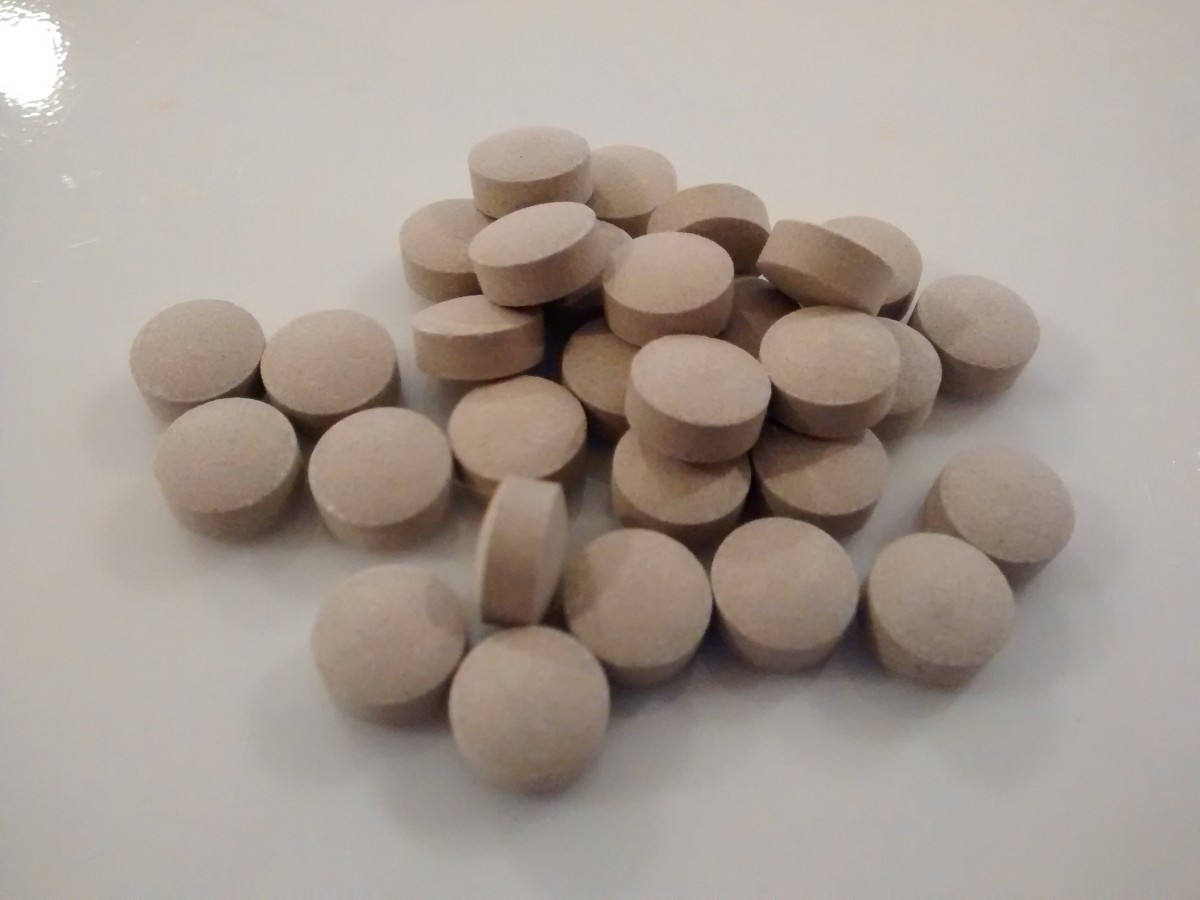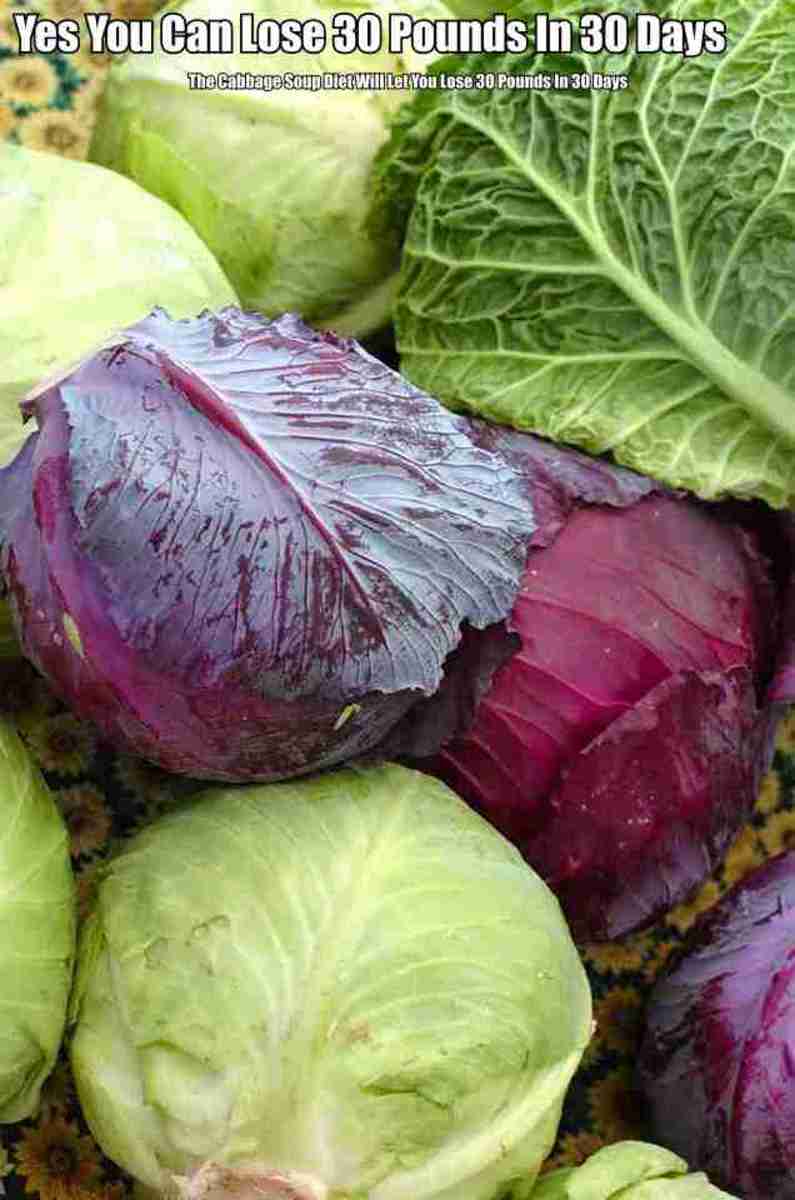Foods That Help With Weight Loss
A lot of research has been done to determine which foods can help people lose weight. Calcium, caffeine, conjugated linoleic acid, fenugreek, ginseng, soluble fiber, green tea, chitosan, capsaicin have all been subjected to clinical trials to test their effect on body weight. However, only a few of these foods, such as green tea, soluble fiber, capsaicin, and to a lesser extent, calcium, have in fact been shown to aid in weight loss. In this article, the evidence supporting the weight-reducing effects of these foods and how they decrease body weight will be discussed.

Green tea
Green tea comes from the tea plant Camellia sinensis, which is native to southwest China and is grown in various tropical countries. Unlike black and oolong tea, green tea undergoes minimal oxidation and is steamed after it is harvested to prevent further oxidation. It possesses antioxidant, antidiabetic, anti-inflammatory, antibacterial and antiviral, and cancer-preventive properties (1). The many health benefits of green tea are largely due to the presence of polyphenolic compounds called catechins (2). The active ingredients in green tea that can help reduce weight are caffeine and catechins, particularly epigallocatechin gallate or EGCG. These ingredients may increase thermogenesis (a process of converting energy to heat), reduce lipogenesis (the synthesis of fats from other types of molecules), and decrease fat absorption or increase fat oxidation. Green tea has been extensively studied. Two meta-analyses of green tea concluded that it may decrease body weight by a small amount (<2 kg). The findings from many of the studies indicate that the EGCG-caffeine mixture results in ~1.3 to 1.4 kg more weight loss versus controls and that the mixture is required to see a change in weight. However, habitual caffeine use decreases the weight loss effect. The weight-reducing effect of green tea is also less in Whites compared to Asians. Green tea is generally regarded as safe. Taken together, green tea may have a small effect on weight loss (<2 kg)(3). Although there is some evidence that green tea can help with weight loss, more data is needed.
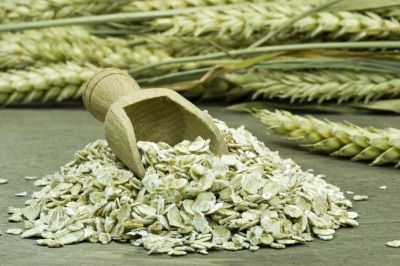
Soluble Fiber
Dietary fiber consumption is associated with a multitude of heath benefits, including reduced risk of developing coronary heart disease, hypertension, stroke and high blood lipids (2). Soluble fibers, such as psyllium, or glucomannan, can also help to reduce body weight. Soluble fibers absorb water in the intestine and increase the feeling of satiety and fullness, which results in decreased food consumption. Furthermore, short-chain fatty acids produced from soluble fiber fermentation in the gut may stimulate the production of satiety hormones, thus can regulate the feeling of fullness. There are numerous reviews and clinical trials investigating the effect of either high-fiber diets or fiber supplements on weight loss. The general findings from these studies show that a high-fiber diet is associated with lower body weight and that the use of fiber supplements may help achieve weight loss but the amount is small (1-2 kg) (3). There are some side effects of consuming high amounts of soluble fiber including gastrointestinal upset, bloating and gas. The main conclusion is that a high-fiber diet may contribute to small decreases in body weight but more clinical trials are needed to strengthen this conclusion.
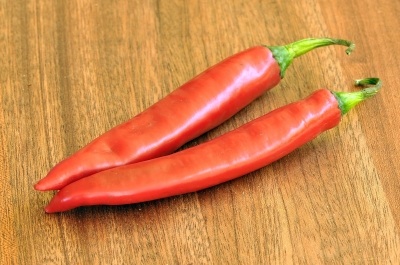
Capsaicin
Capsaicin is the pungent compound found in chili peppers. It has analgesic, anticancer, antioxidant and antiobesity properties (2). There is some evidence that capsaicin may help to reduce body weight. In a review of 20 trials, it was observed that regular consumption of capsaicin reduced abdominal fat tissue and reduced appetite and energy intake. It may reduce body weight by increasing energy expenditure via thermogenesis, promoting fat oxidation and reducing appetite (4). More research is needed to firmly establish capsaicin’s ability to reduce body weight.
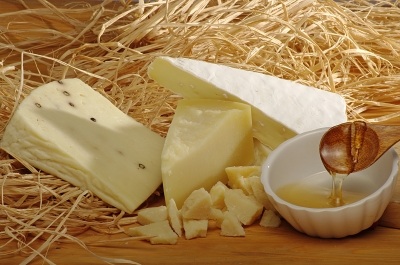
Calcium or dairy products
Higher calcium consumption, through supplements or dairy products, is associated with lower body weight or reduced weight gain. A high calcium diet increases fat excretion in the stool and may improve appetite control. The effect of calcium on weight has been extensively studied (49 clinical trials), reviewed and subjected to meta-analyses. There are many studies that do not show a weight-reducing effect of calcium. Only 4 clinical trials demonstrate that calcium taken with an energy-restricted diet can achieve greater weight loss than a similar control diet with less calcium. One meta-analysis was not supportive of calcium’s role in weight loss. Another meta-analysis showed increased fecal fat loss with increased calcium or dairy consumption. In terms of appetite control, calcium may only help with this when calcium consumption is low. Taking calcium is generally considered as safe. Overall, there is little evidence to support calcium or dairy products as a dietary aid in weight loss. It may only be beneficial for people who usually consume a low calcium diet.
Summary
There are a number of studies that have examined the effect of green tea, soluble fiber, capsaicin, and calcium on weight loss. There is some evidence that consuming either green tea, soluble fiber, or capsaicin can help reduce body weight. Only a few studies show beneficial effects of calcium and dairy consumption on weight loss. All these foods need further careful research to strengthen their weight loss claims.
Here are some suggestions that may help individuals to lose weight. To lose weight, eat fewer calories or burn up more calories than is required (5). Doing both is the best way to lose weight. Don’t follow a very low calorie diet, which can cause many people to feel deprived and increase the urge to binge. Also, very low calorie diet can result in muscle loss instead of fat loss. Reduce calories but not to the point that it leads to malnutrition. Introduce food and exercise changes gradually (6). The body likes slow changes when it comes to food and exercise. To increase physical activity, try walking for 30 minutes most days of the week, or try running, swimming or cycling. Join a team sport or an aerobics class, or play squash. Consider strength training to increase muscle mass, which in turn can lead to increased metabolism and burn more calories. To decrease calorie intake, try reducing fatty foods, which contain the most calories of all the nutrients (protein and carbohydrates). Eat more fruits and vegetables, and wholegrain foods like bread and pasta. Try replacing sugary drinks with water or tea, eating low fat dairy products, reducing sugar in coffee or tea, having smaller portions of food, and avoiding second servings at dinner. Adding green tea, soluble fiber, low-fat dairy products and chili peppers to a healthy diet may potentially help with weight loss or prevent additional weight gain. Be patient and keep going because it may take a week or two to see any results. Remember this simple rule to weight loss: Eat less and exercise more!
Disclaimer
The material presented in this article is only for your information. Before you make changes to your diet and lifestyle, please consult your physician. Your doctor will be able to give you appropriate advice on what will help you manage your weight.
Reference
1. Cabrera C, Artacho R, Gimenez R. Beneficial effects of green tea--a review. J Am Coll Nutr. 2006;25(2):79-99.
2. Poddar K, Kolge S, Bezman L, Mullin GE, Cheskin LJ. Nutraceutical supplements for weight loss: a systematic review. Nutr Clin Pract. 2011;26(5):539-52.
3. Manore MM. Dietary supplements for improving body composition and reducing body weight: where is the evidence? Int J Sport Nutr Exerc Metab. 2012;22(2):139-54.
4. Whiting S, Derbyshire E, Tiwari BK. Capsaicinoids and capsinoids. A potential role for weight management? A systematic review of the evidence. Appetite. 2012;59(2):341-8.
5. The Very Best Way To Lose Weight and Keep It Off. 2009 [updated December 18, 2008]; Available from: http://my.clevelandclinic.org/healthy_living/weight_control/hic_the_very_best_way_to_lose_weight_and_keep_it_off.aspx.
6. How to lose weight the healthy way. 2009 [updated December 18, 2009]; Available from: http://www.netdoctor.co.uk/health_advice/facts/loseweight.htm
This content is accurate and true to the best of the author’s knowledge and does not substitute for diagnosis, prognosis, treatment, prescription, and/or dietary advice from a licensed health professional. Drugs, supplements, and natural remedies may have dangerous side effects. If pregnant or nursing, consult with a qualified provider on an individual basis. Seek immediate help if you are experiencing a medical emergency.
© 2012 Simon Lam




